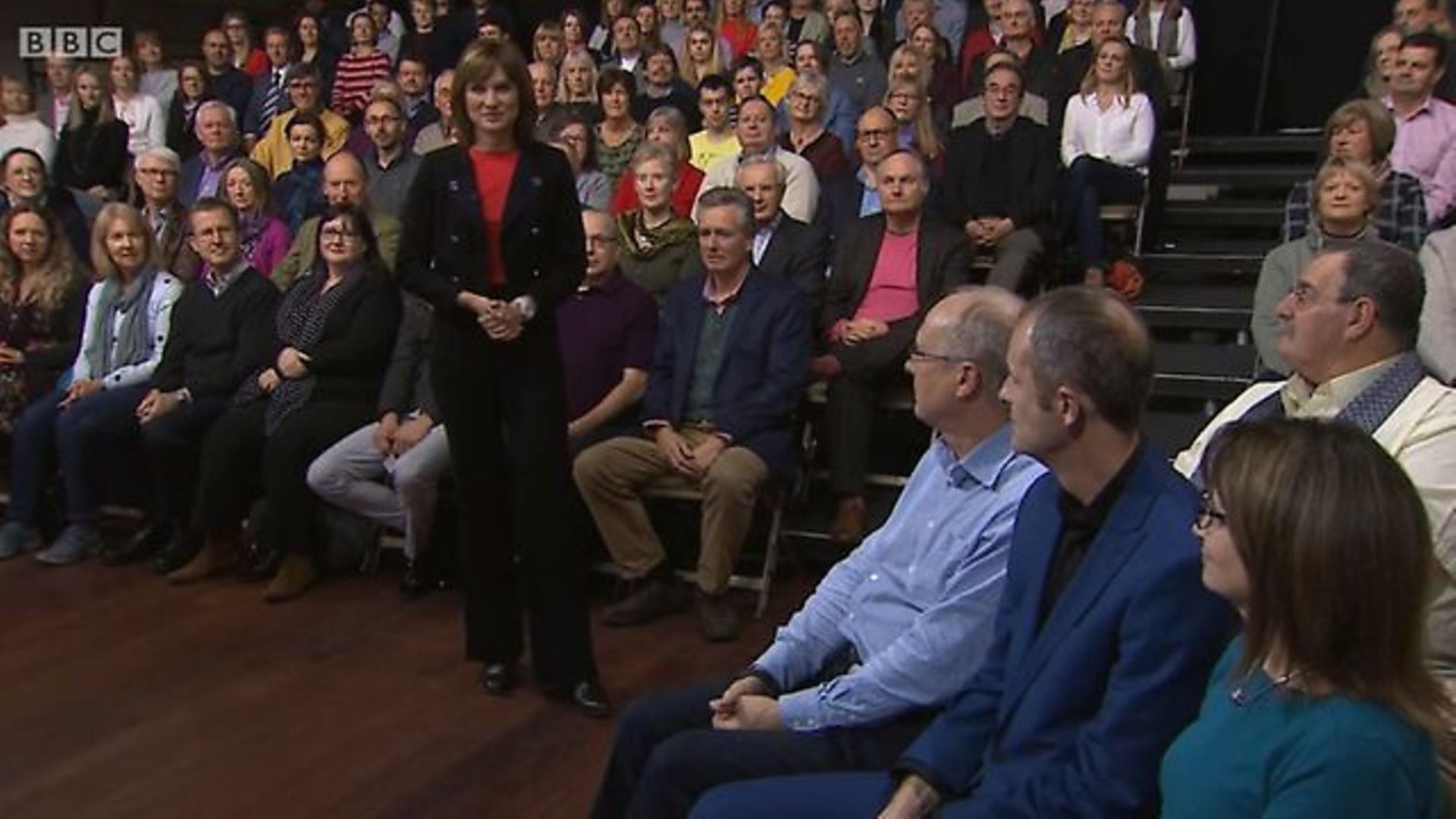
The BBC’s Question Time offers an insight into why Labour lost many elections last week.
Peter Kellner’s piece on Labour’s troubles in red wall seats was an interesting read and his insights informative.
One only had to watch BBC’s Question Time last night to see some truth regarding Kellner’s points about how Labour has lost connection with the people. It would be glib to suggest that the audience were not representative of the UK electorate or that they were not ’the people’ who Labour need to target. At least they gave honest feedback and it was encouraging to see how Lisa Nandy was visibly affected by the truth and, possibly, a realisation that Labour needed to target a broad spectrum of people.
It was also noticeable that very little assertive truth was directed from the audience at Robert Buckland. That surprised me greatly, considering what has gone on so very recently regarding the alleged, serious breaking of the Ministerial Code and highly irregular practices of Conservative prime ministers.
I am genuinely apolitical, in that I subscribe to no political ideology. But, last night’s QT (which I have not watched for some time) struck a particular chord with me because I was already thinking of Kellner’s article.
All political parties need to engage with topics that resonate with the things that people are most concerned about. It is the topics that most affect peoples’ lives that should concern them, not who they think they represent.
Labour’s approach seems to be to tell their ’target electorate’ what they should be concerned about and how they should be supporting Labour to address their concerns, regardless of what the party’s policies are. That approach limits the size of the target and makes a mockery of the responsibilities of each entity.
Political parties need to develop policies; aligned with their values and objectives; to make the lives of as many people as possible better and then gain support from ’the people’ to honestly implement those policies.
People need to know that their representatives, whether they voted for them or not, represent them, but are not delegates for them. Here, Labour has an opportunity, because the current government are walking the thin line of ‘delegate pretence’; giving only the people who voted for them the impression that they can always have what they want.
That said, I strongly disagree with Kellner’s point that there is too much focus upon recent events in British politics. There was one event where Labour went astoundingly wrong. I’ve said this before and make no apologies for saying it again: Labour’s biggest mistake was not actively resisting ‘Leave’ from the outset. It should’ve explained to ‘the people’ why the ills of the UK were caused by past governments (of a variety of parties), not the EU.
Labour played the dangerous game of going along with the myth that the EU referendum provided a mandate to ‘Leave’, without knowing what that actually meant.
Corbyn did this because he saw an opportunity to exploit the Leave vote to win government. Unfortunately for him, the people saw the exploitation. It would have been far better to recognise that many people had voted ‘Leave’ because of real problems they experienced and which were caused by the policies of past governments (including some Labour), not the EU.
It would have been better to say, “We hear you. We will address those problems. We think it is better to remain in the EU to do that”. That would have ‘respected the vote’, been an opposition position and given the electorate a choice.
It is not too late to admit a mistake was made and to develop a pro-EU message, with a clear explanation of what it means and why it is best for the UK.
Paul Hearn, Juignac, France
• Have your say by emailing letters@theneweuropean.co.uk. Our deadline for letters is Tuesday at 9am for inclusion in Thursday’s edition. Please be concise – letters over five paragraphs long may be edited before printing.
Warning: Illegal string offset 'link_id' in /mnt/storage/stage/www/wp-includes/bookmark.php on line 357
Notice: Trying to get property 'link_id' of non-object in /mnt/storage/stage/www/wp-includes/bookmark.php on line 37






